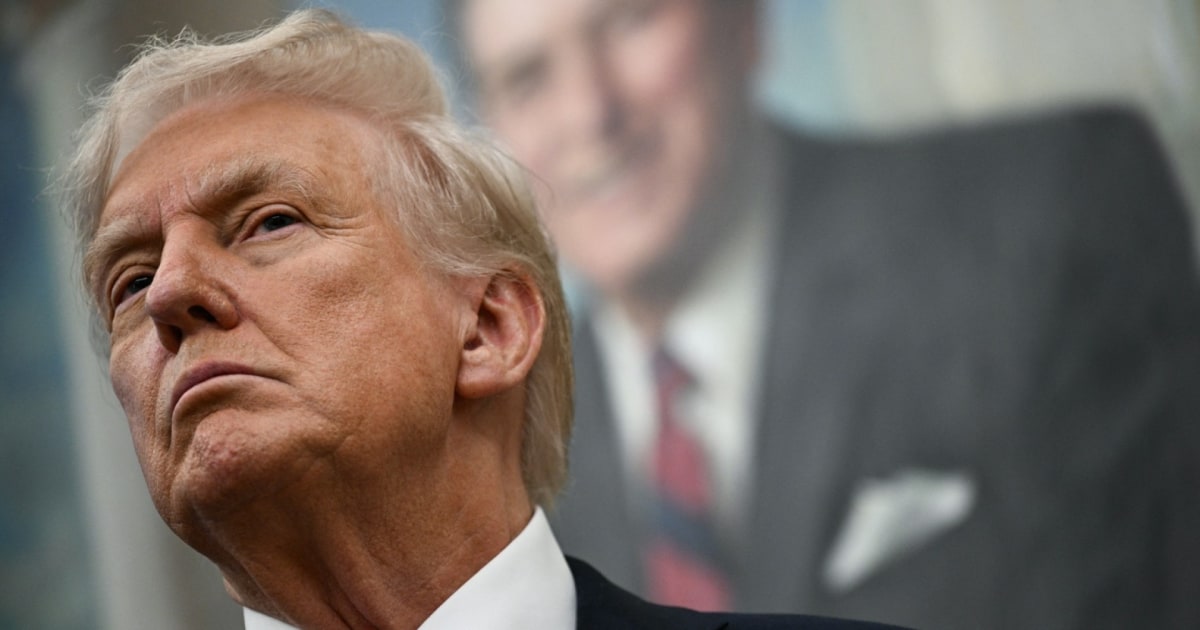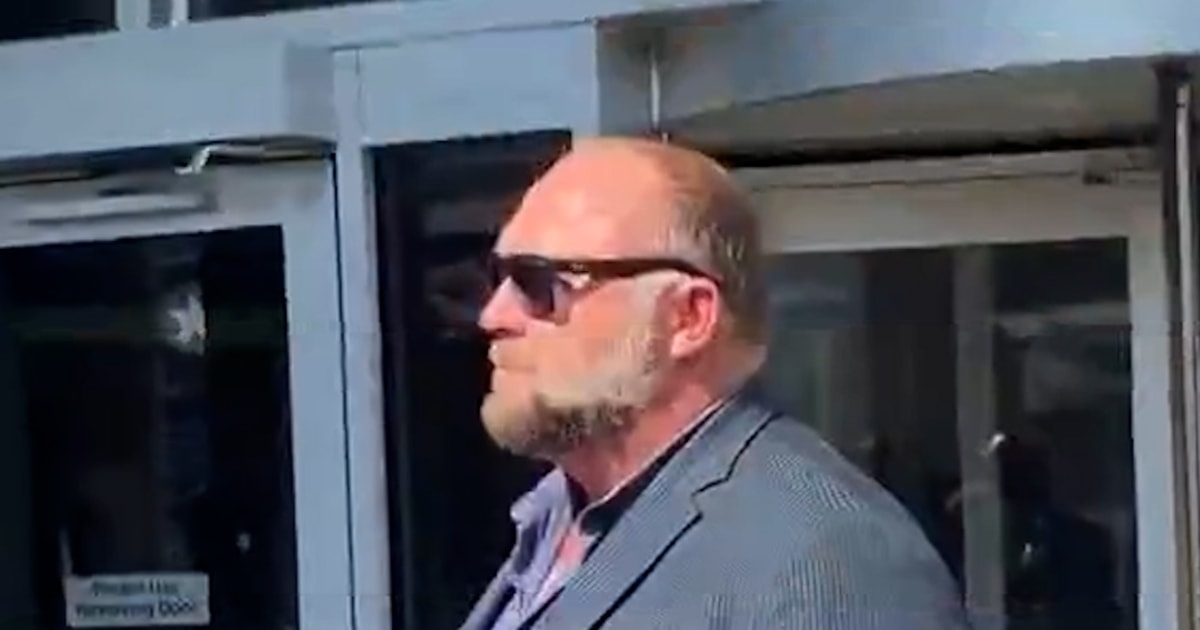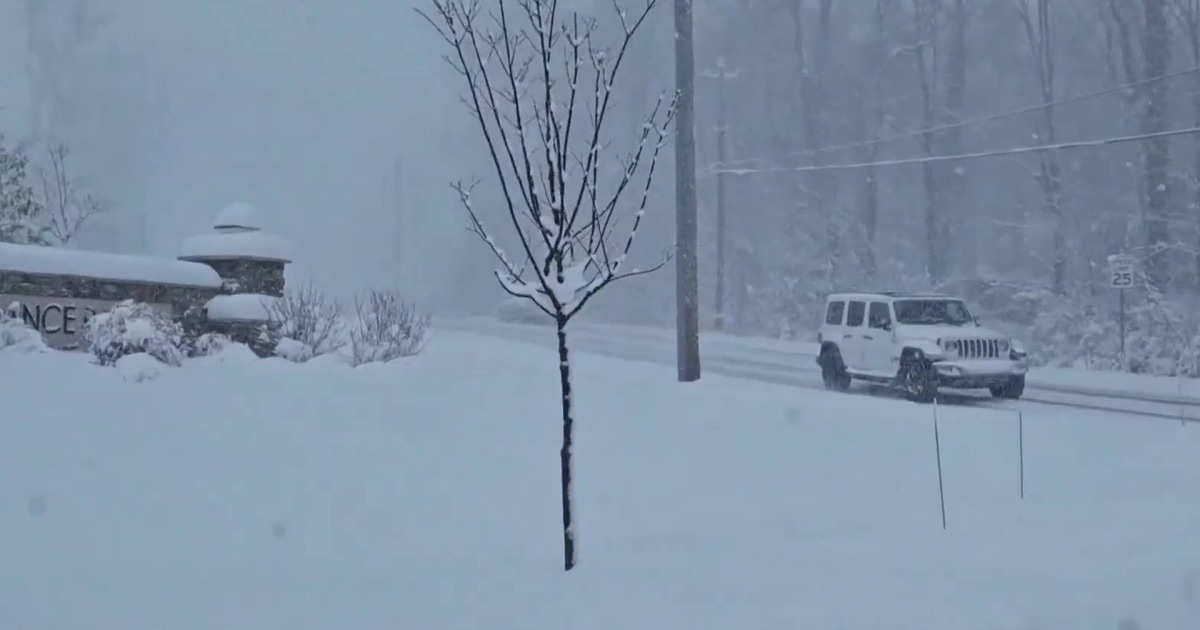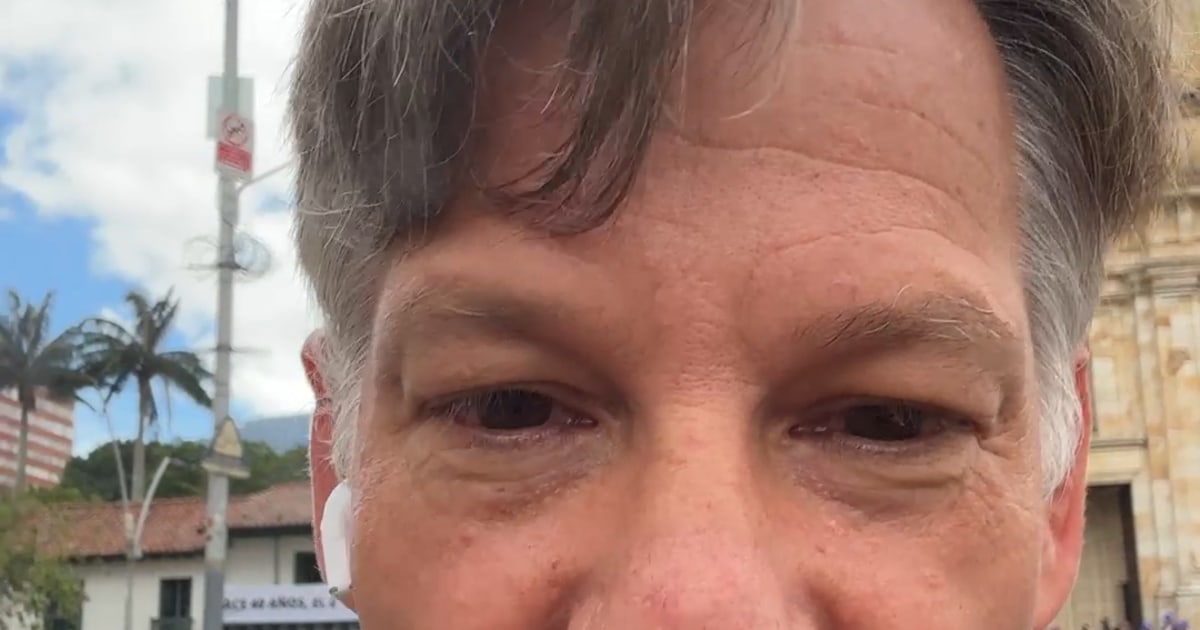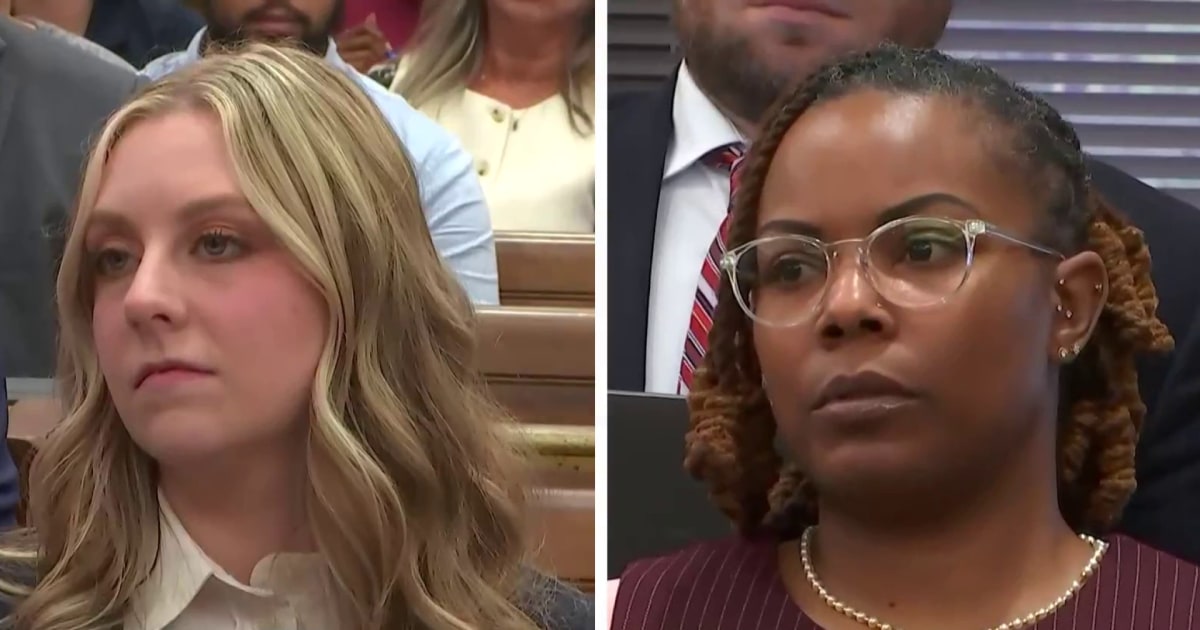President Trump was asked about the possibility of a government shutdown and suggested his administration could make “irreversible” cuts and actions if a deal is not reached.
Source link
Trump suggests he could make 'irreversible' cuts if the government shuts down
